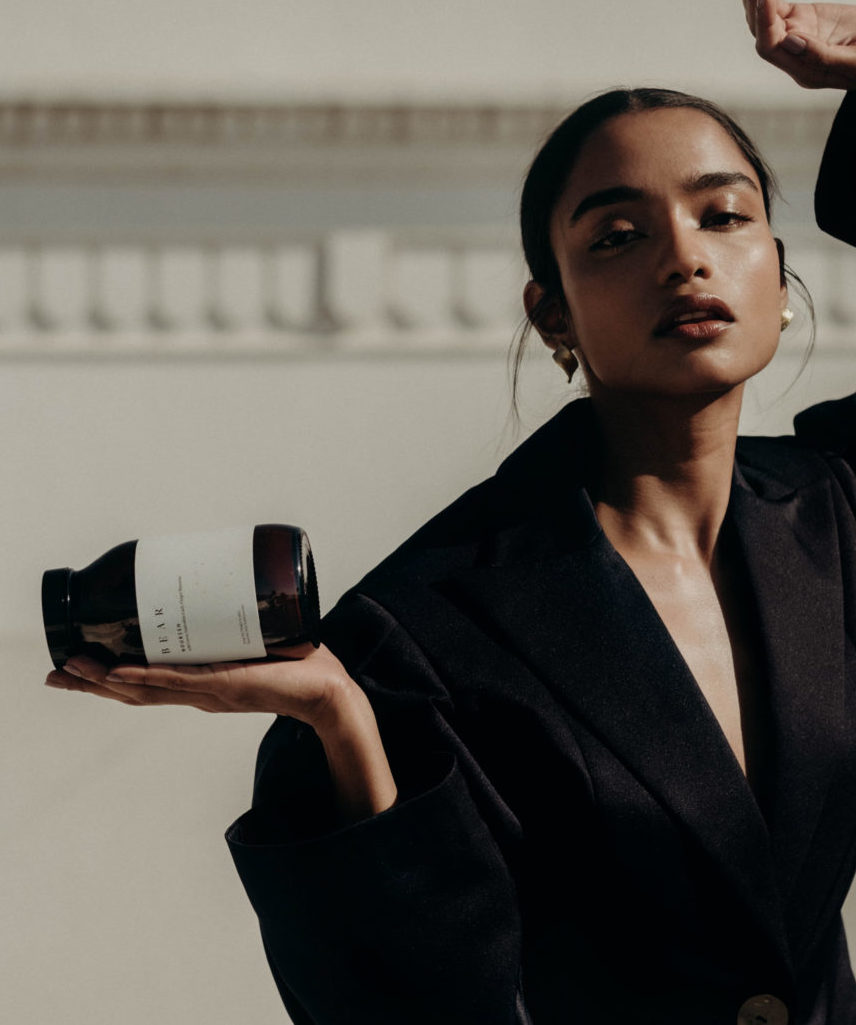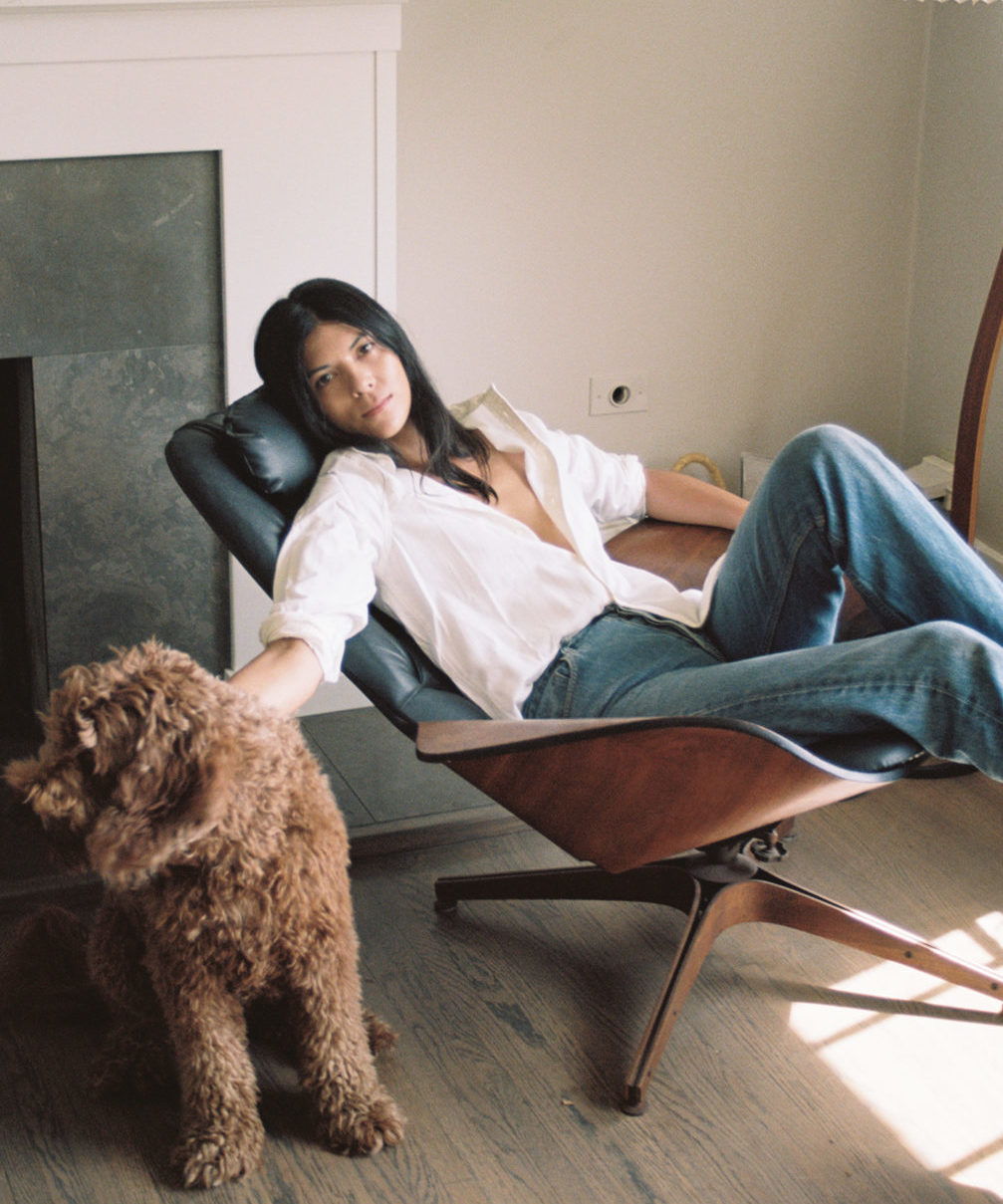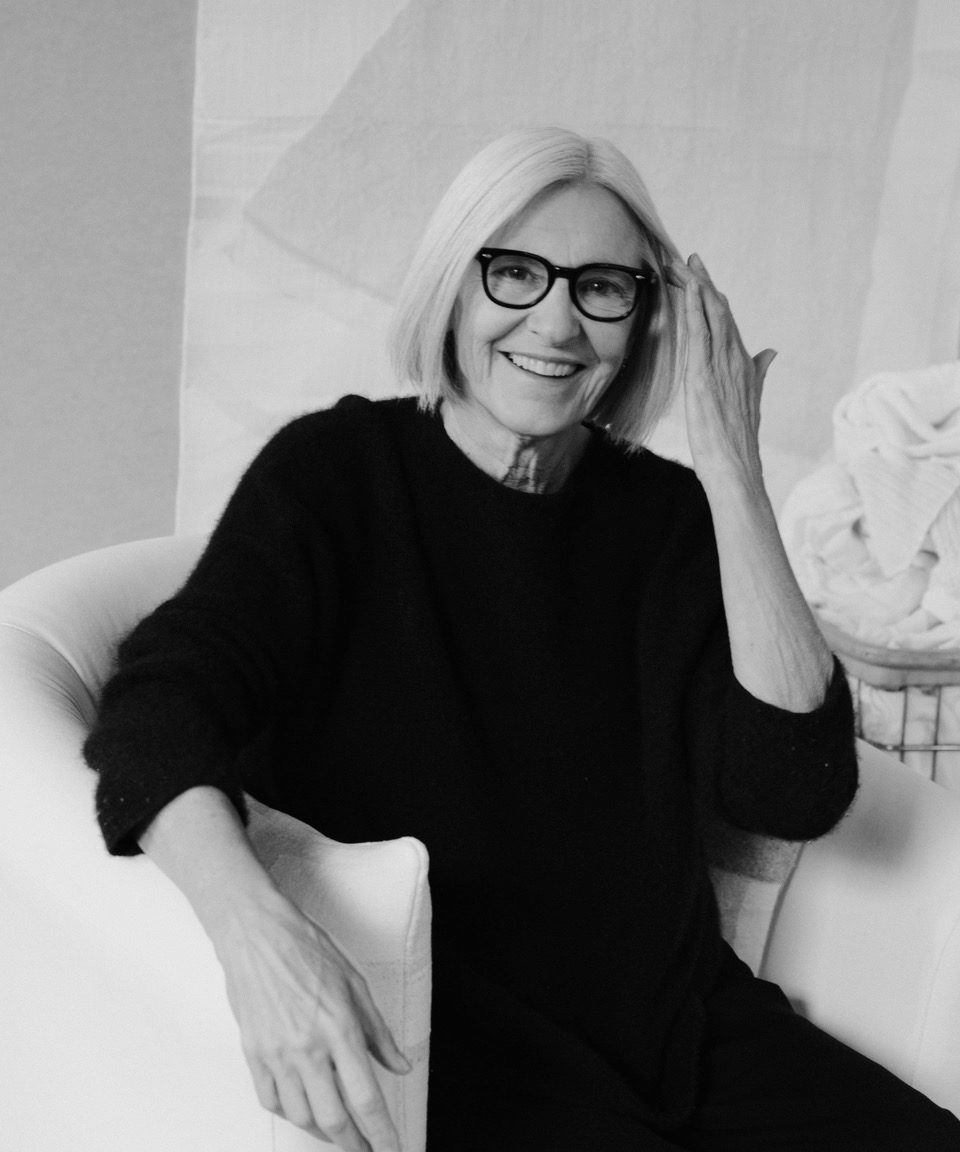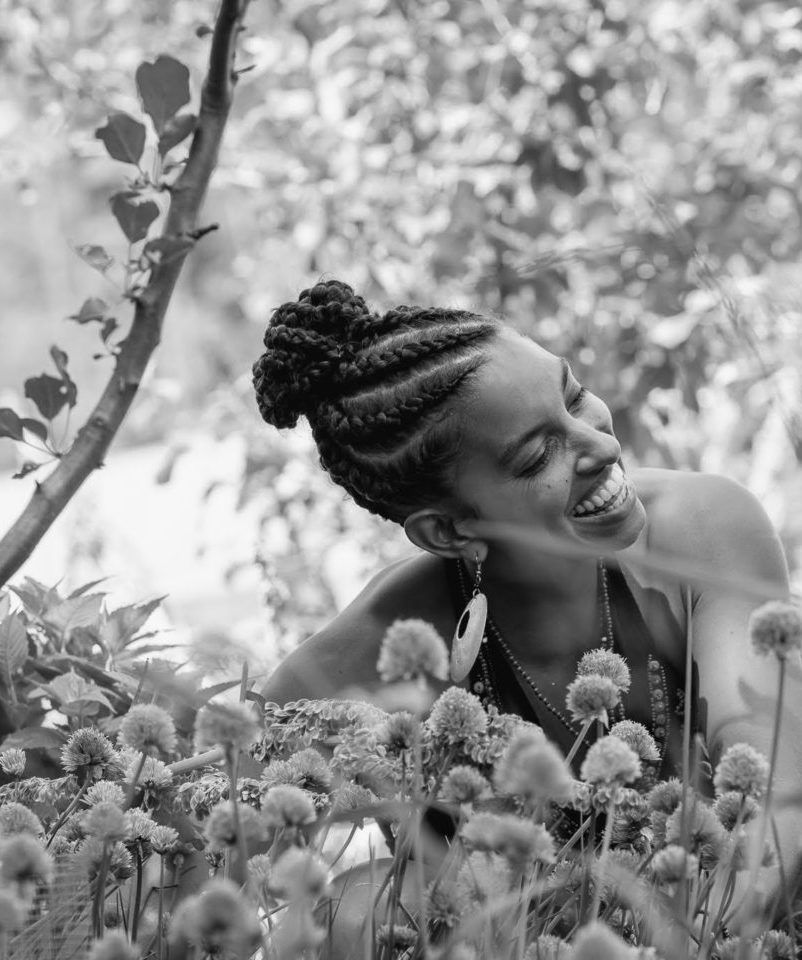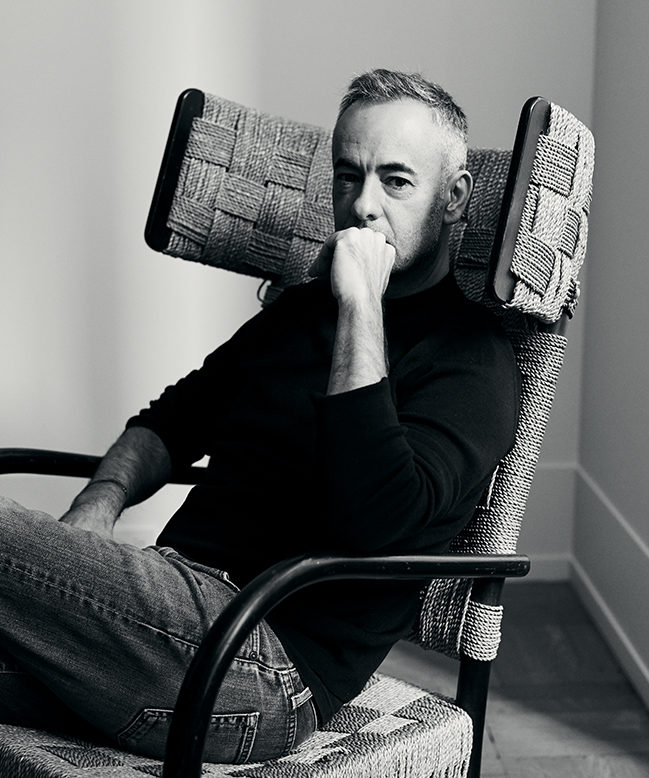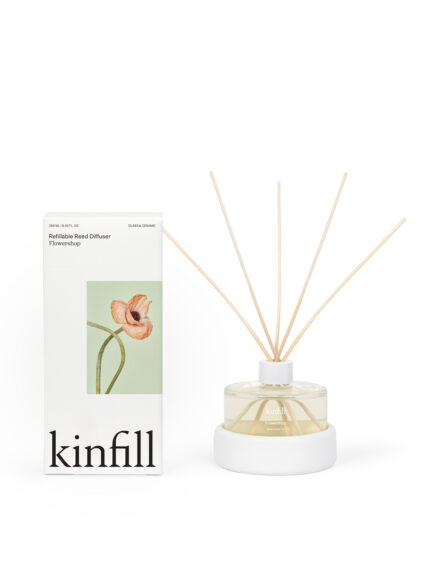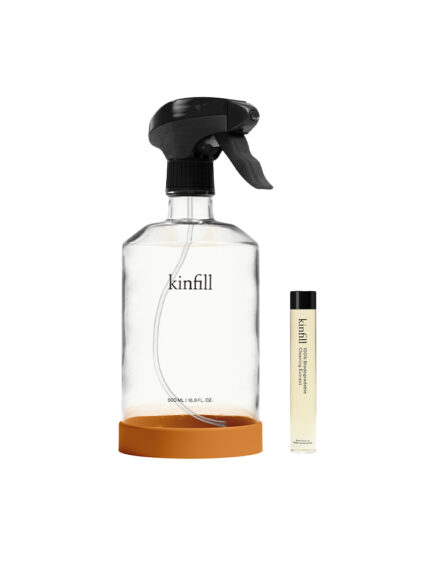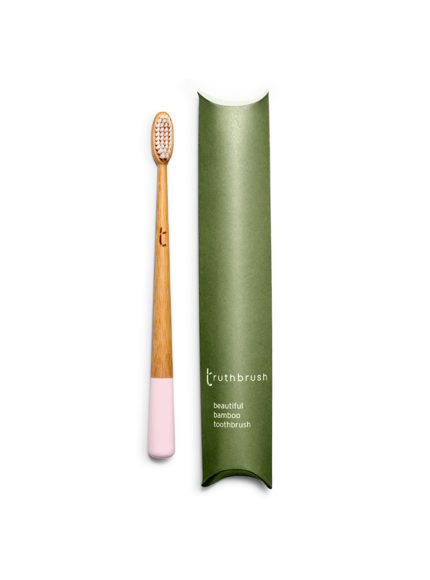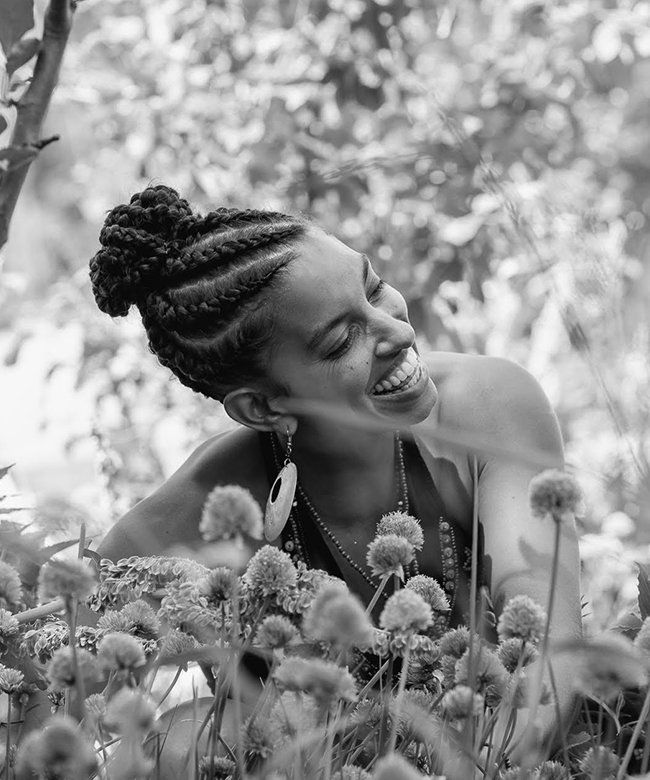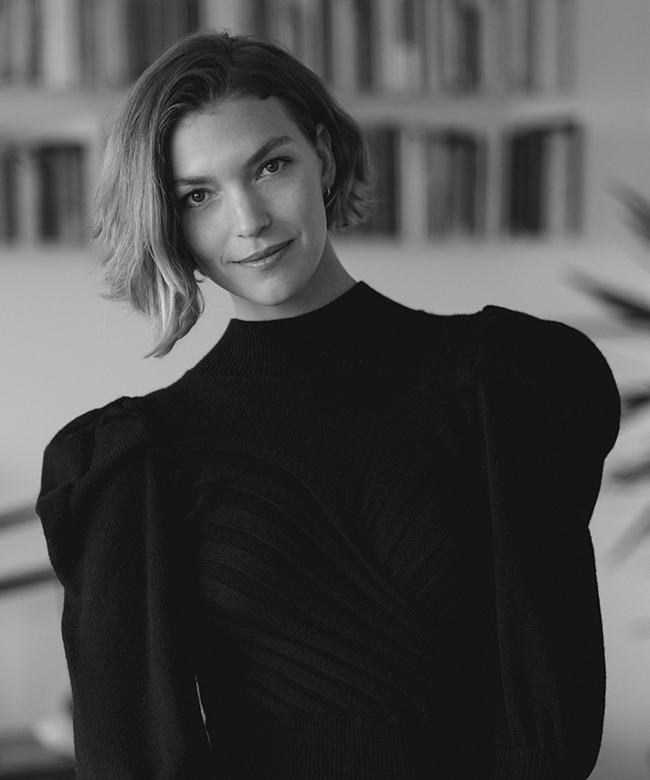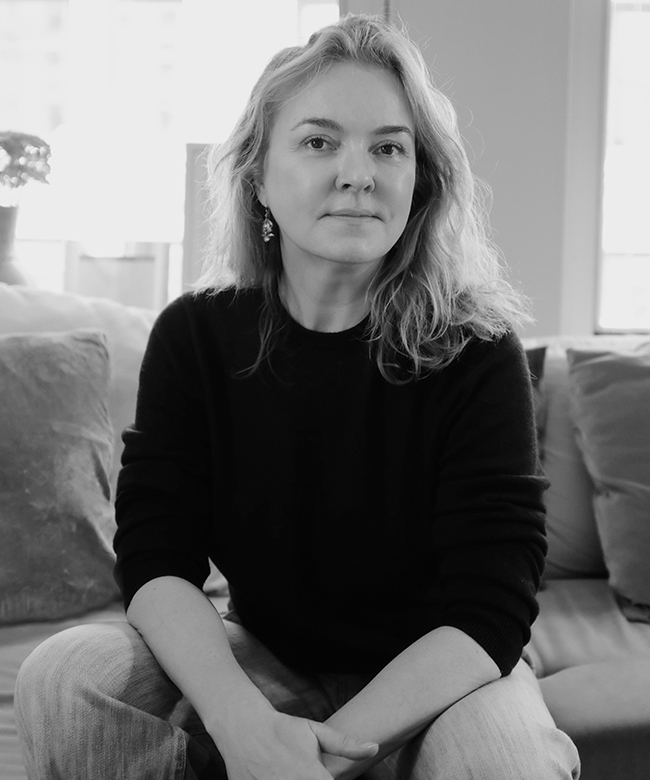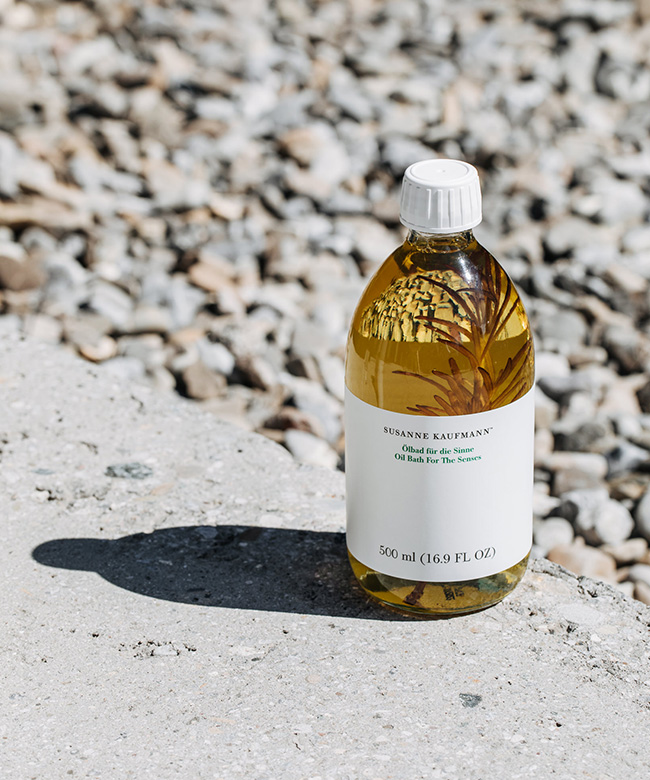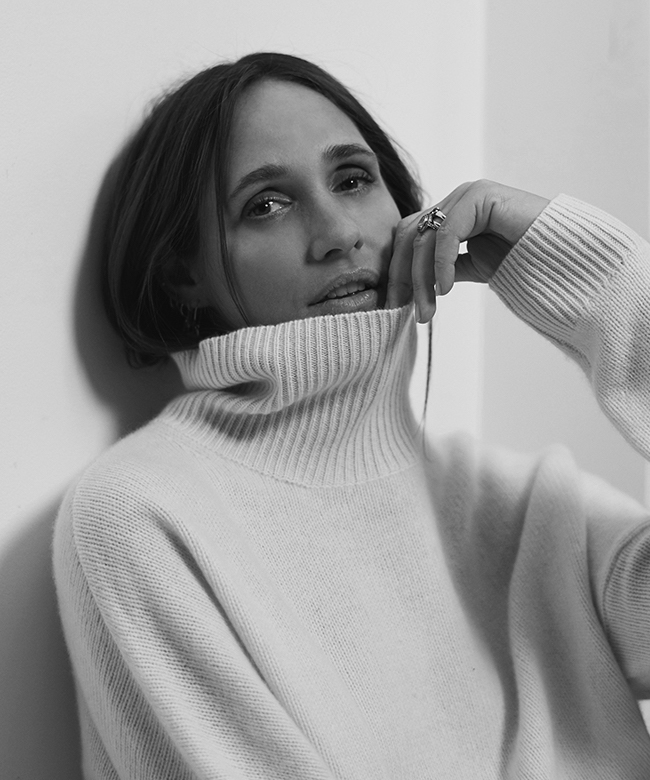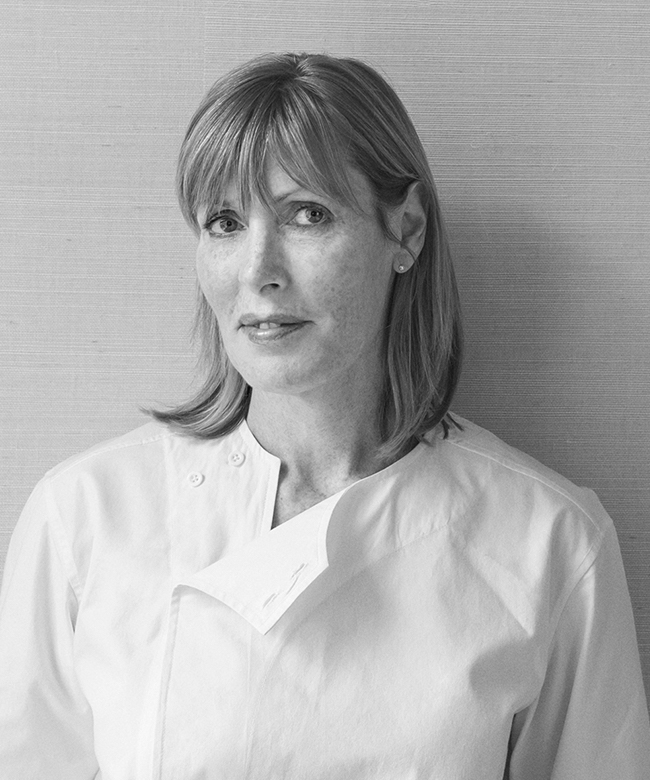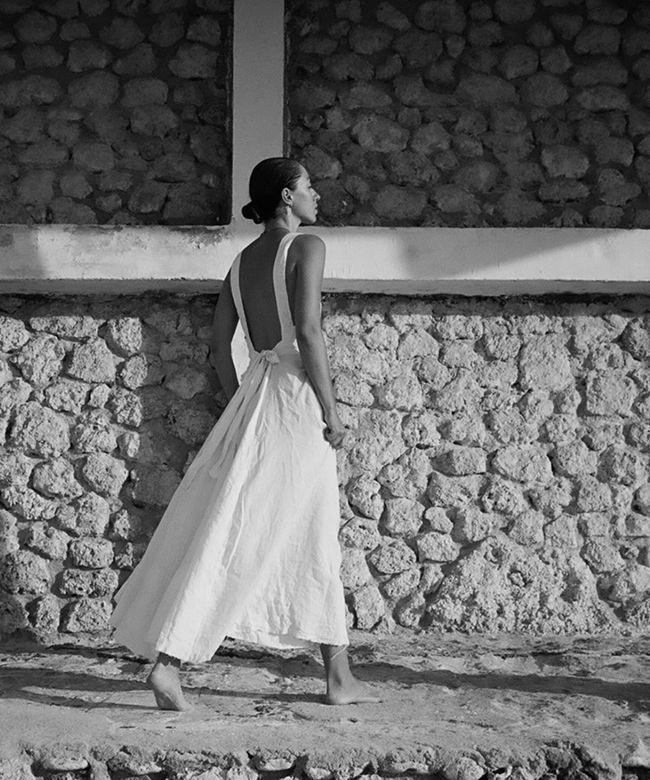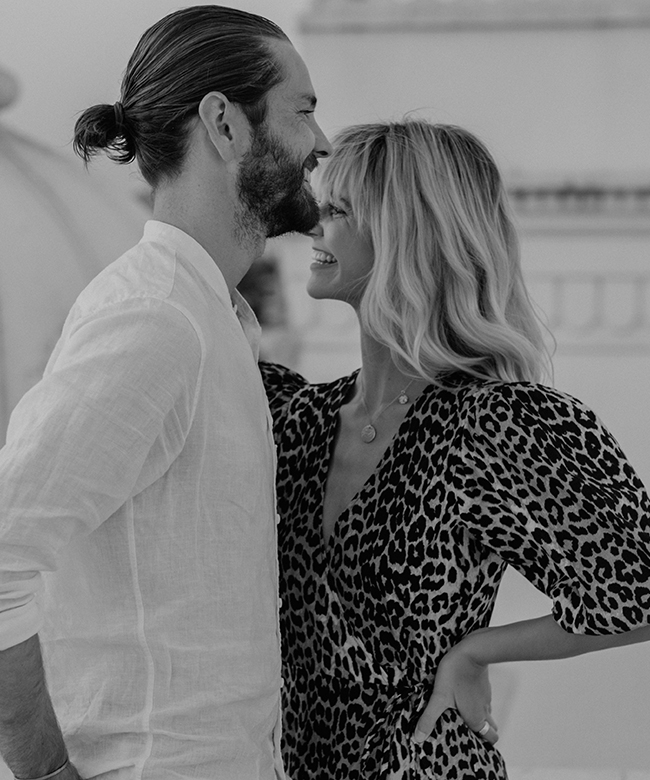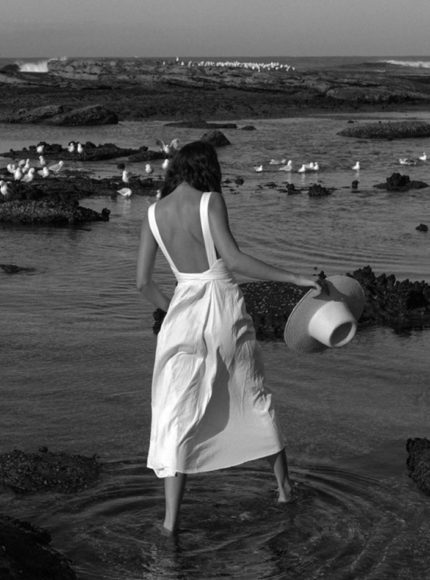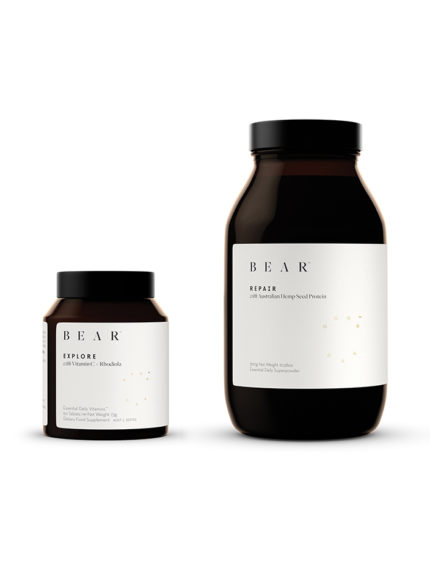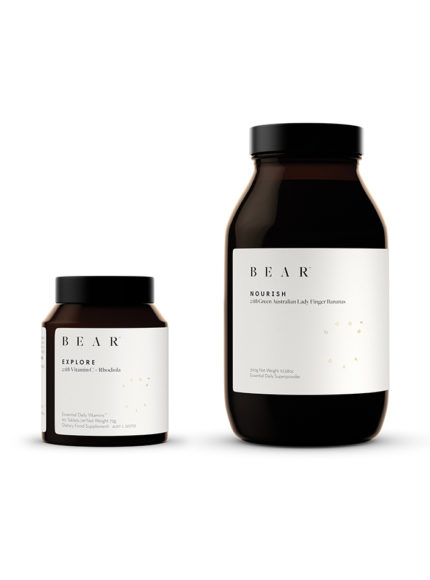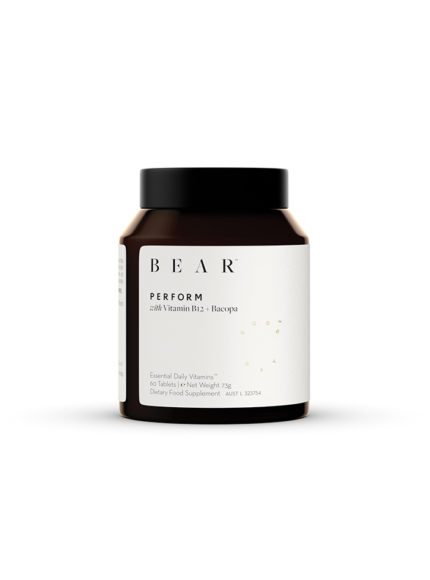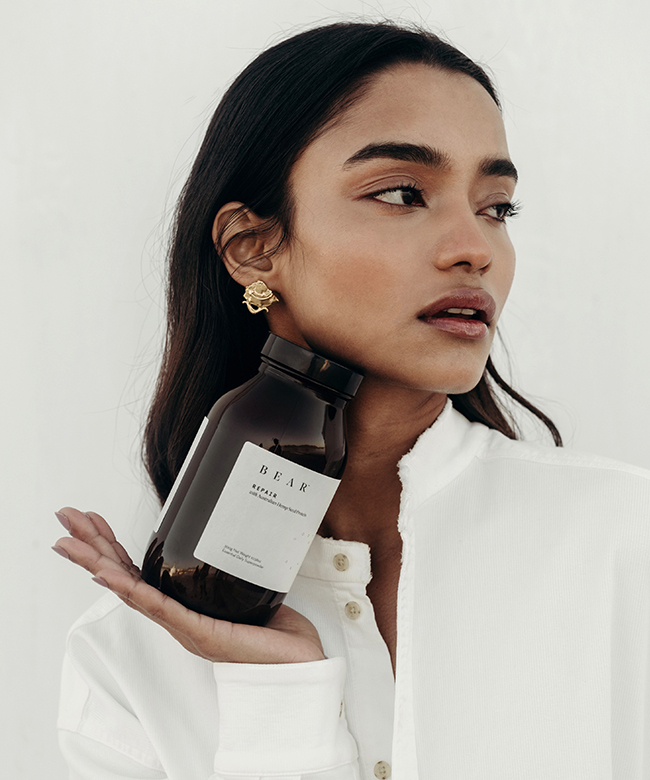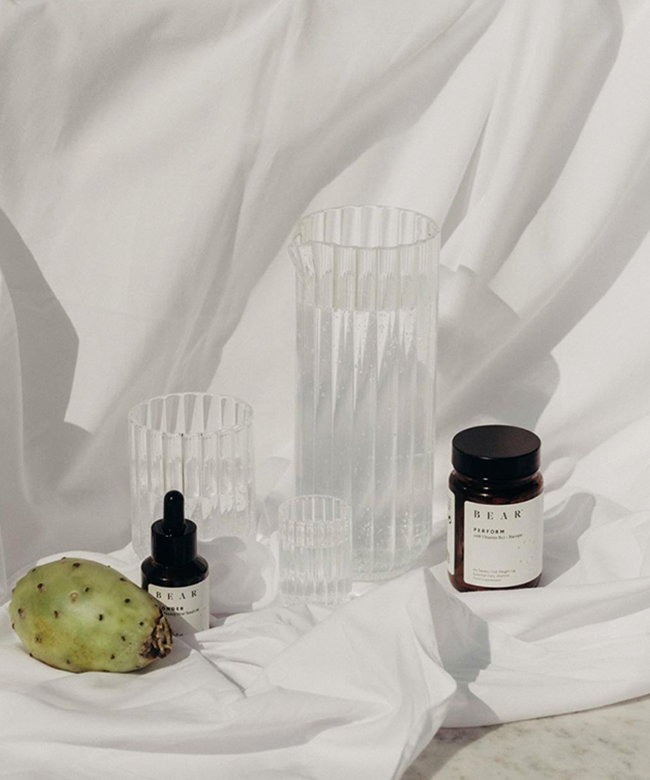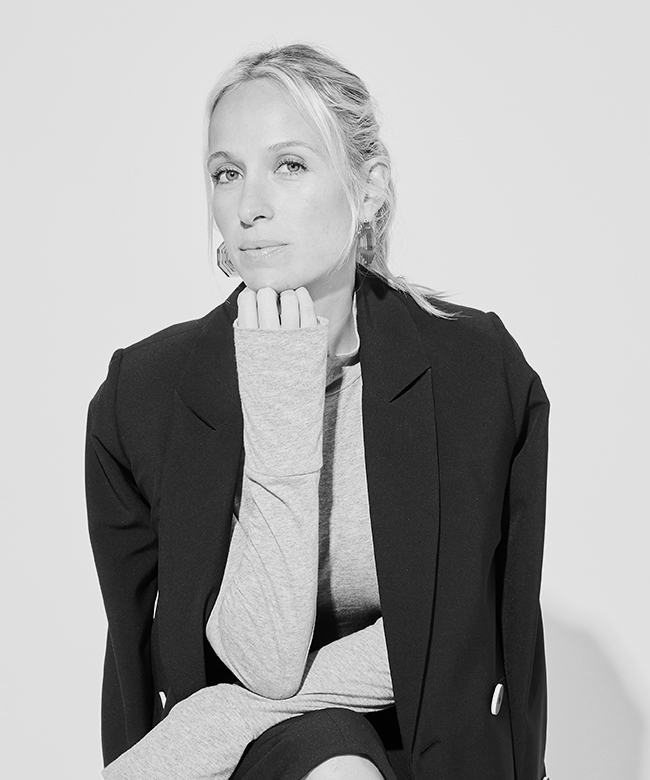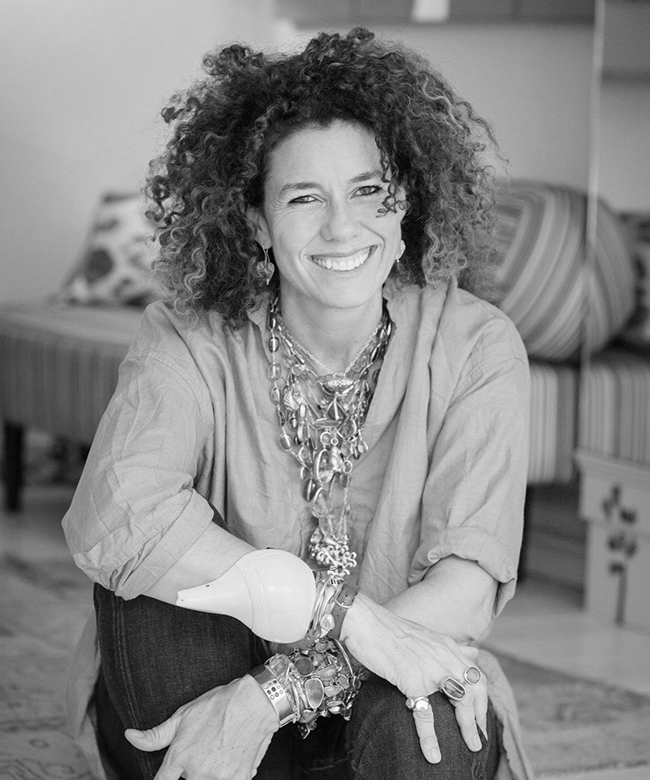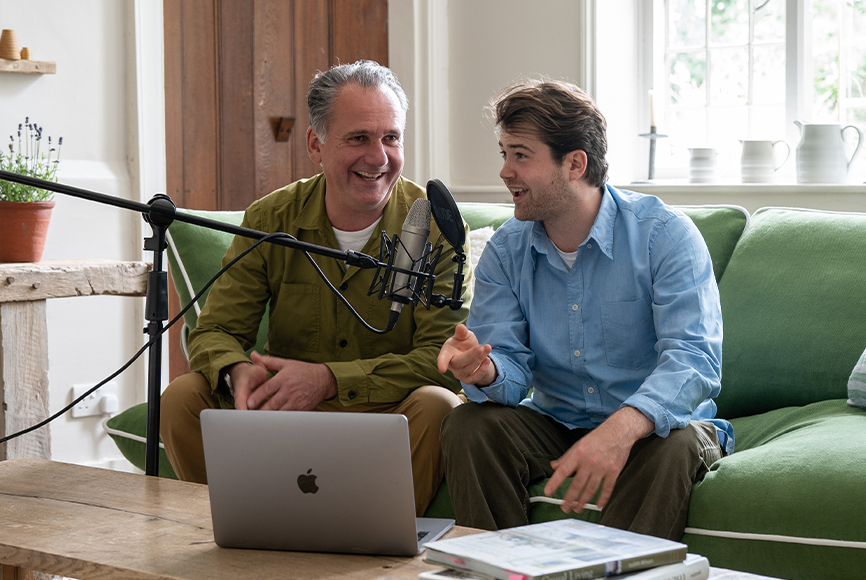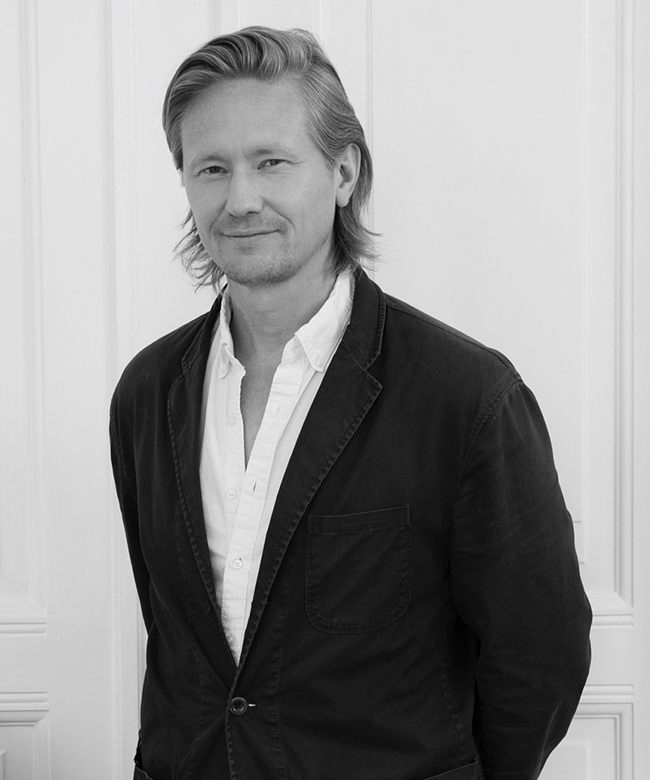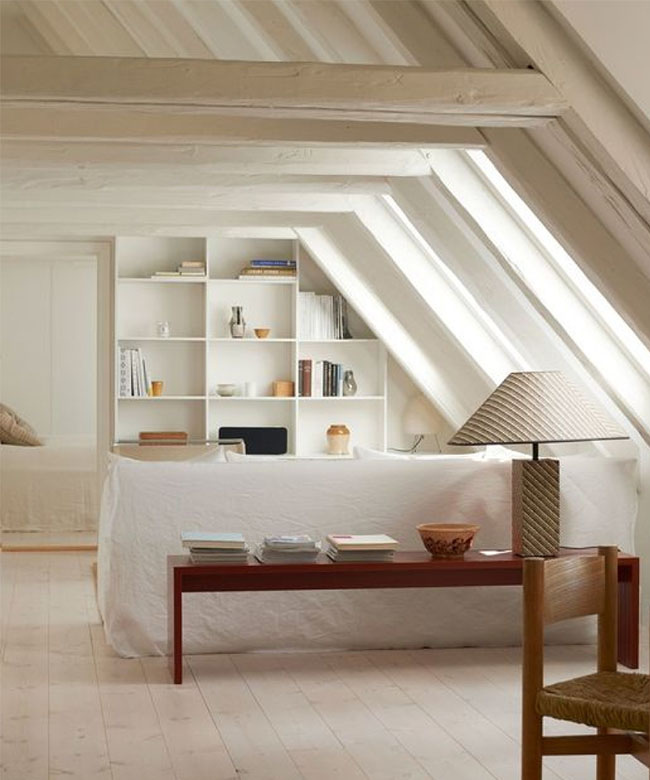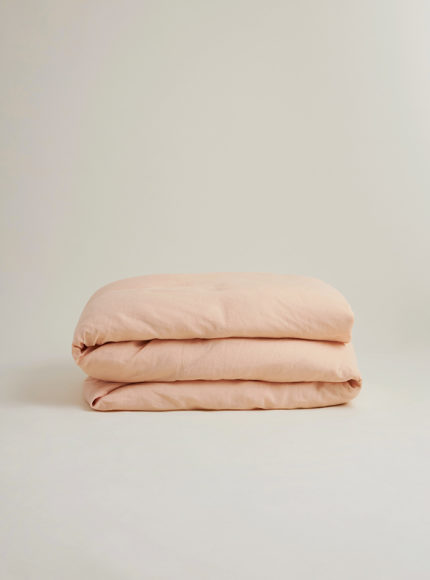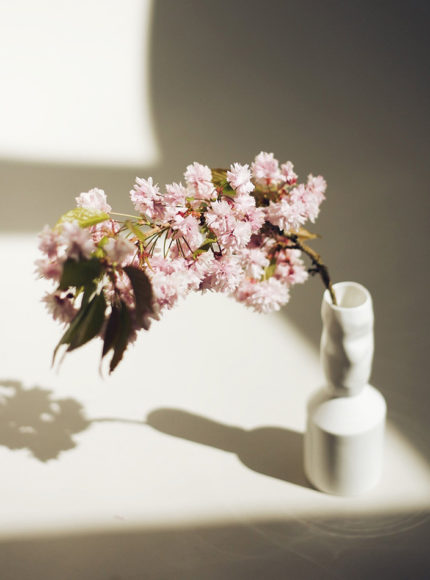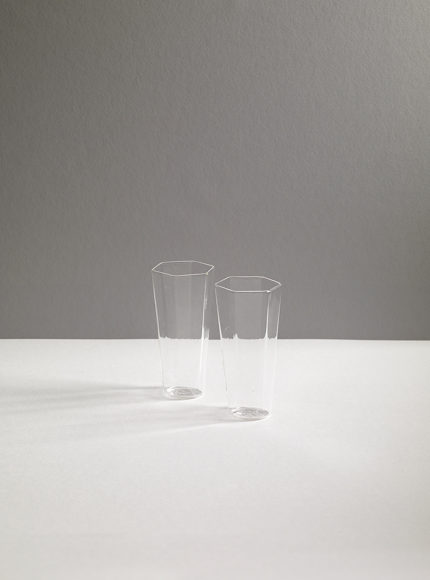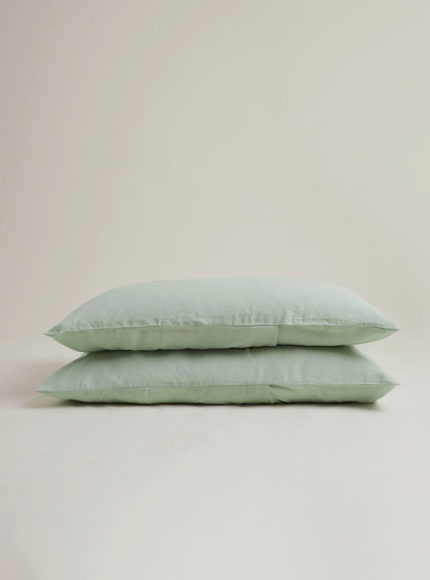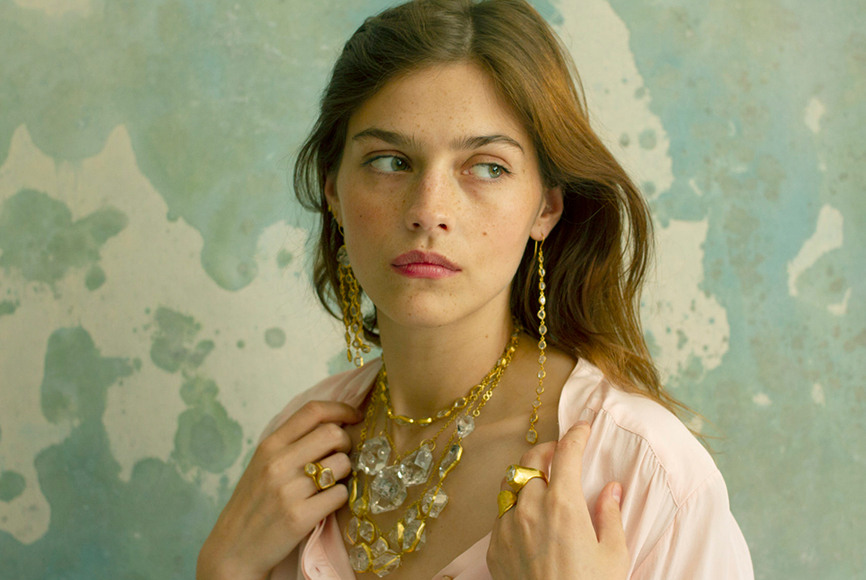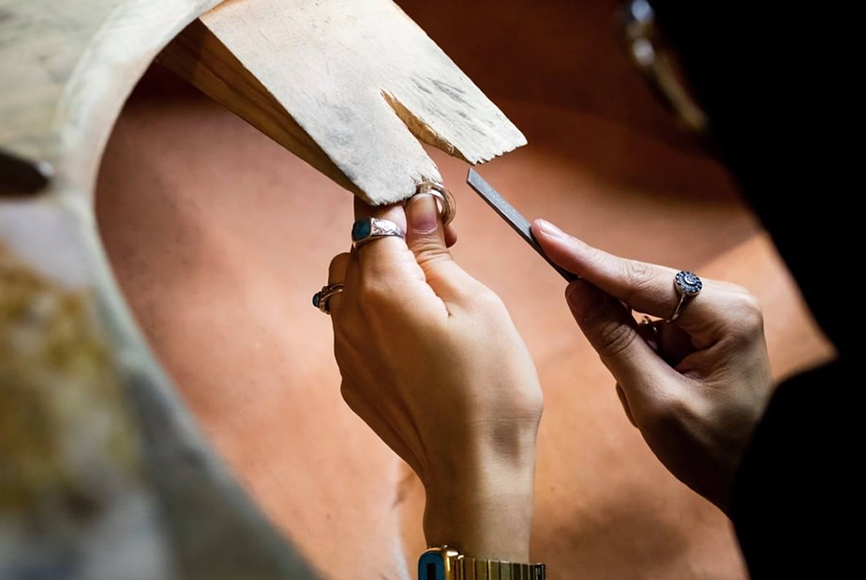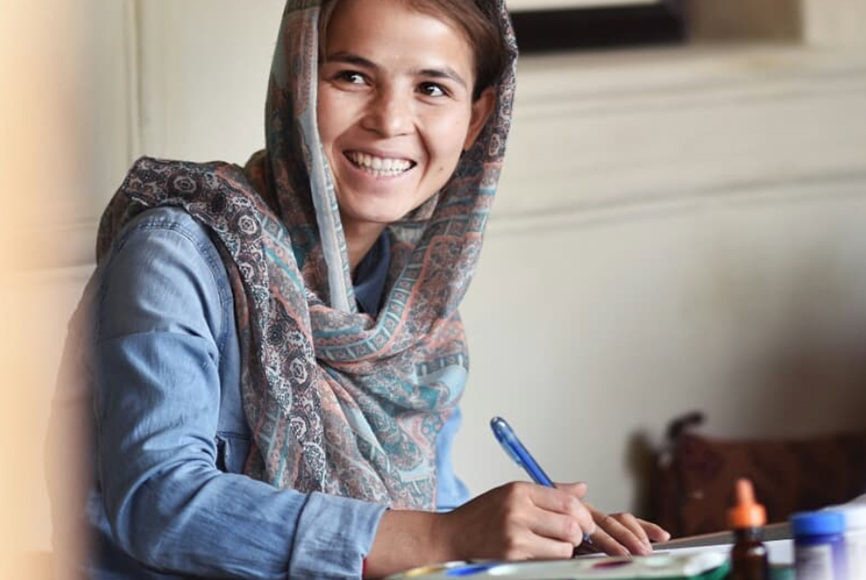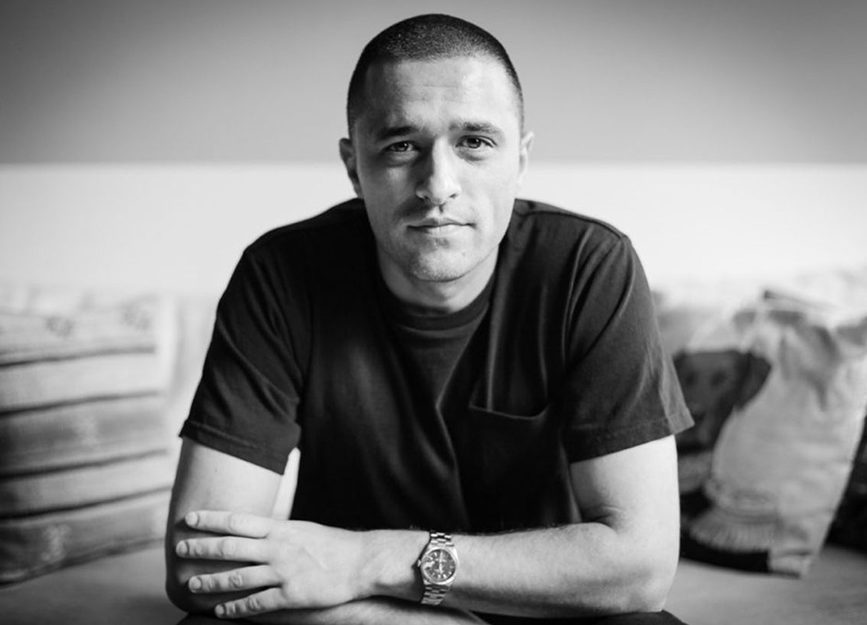

@benpundole
@editionhotels are making huge efforts to reduce single use plastic
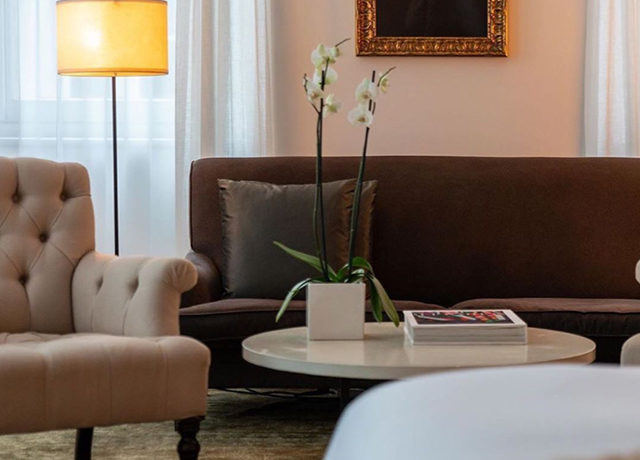

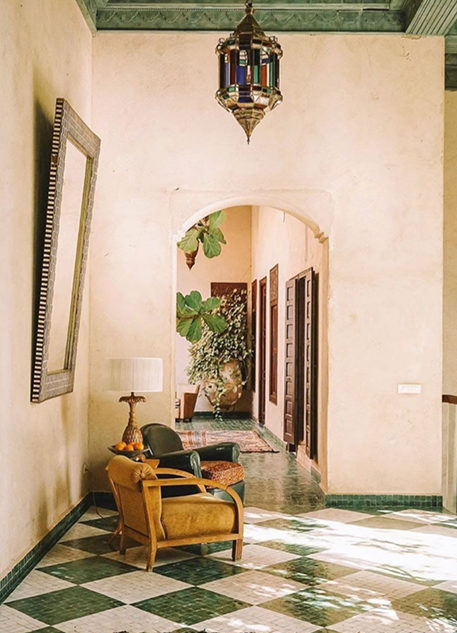

@ahotellife created by Ben
REV On Air: Staying Plastic Free and Conscious Travel with Ben Pundole
Today Cora speaks to Ben Pundole, the VP of of Brand Experience for Edition Hotels and also founder of A Hotel Life. Cora and Ben discuss how travel is changing in the post Covid 19 world to become a more conscious and thoughtful experience. They also discuss Ben’s initiative, Stay Plastic Free, which encourages hotel chains to get rid of single use plastic.
‘I realised that Edition was really quite a severe plastic polluter. In 2017 of the four hotels we had I realised that we were using over a million plastic bottles a year. In the London Edition alone we were using on average half a million straws a year. Those statistics were really shocking to me and I realised I was in a position where I could do something about it.’
Ben Pundole
Related Editorial
See All Editorials

@susannekaufmann_
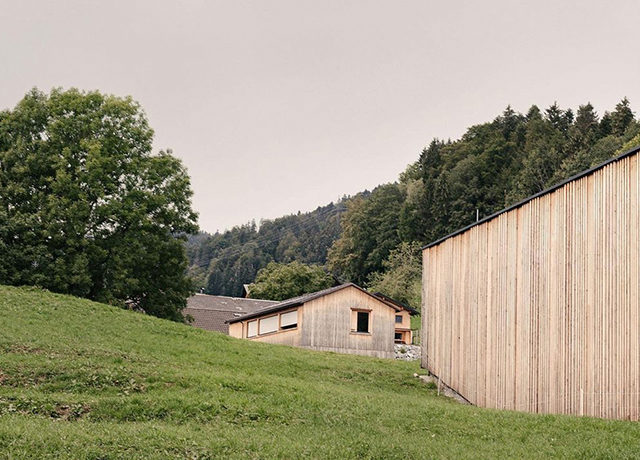



Natural skincare by @susannekaufmann_
REV On Air: Pioneering Natural Beauty & The Power Of Plants With Susanne Kaufmann
Today we are very excited to have one of the pioneers of the clean and green beauty space – a woman who was thinking about local manufacturing and all natural ingredients as an integral part of everything she does way ahead of it becoming a marketing tool we see happening so often in beauty today. We’re talking about no other than Susanne Kaufmann, who’s natural beauty line has become somewhat of a staple for many in the sustainable skincare space.
Conversation Starters From This Episode:
What is the best way to treat our skin to embrace ageing naturally?
Why should we never compromise on quality when it comes to the food we eat?
Is natural, plant-based beauty more effective than synthetic alternatives?
Related Editorial
See All Editorials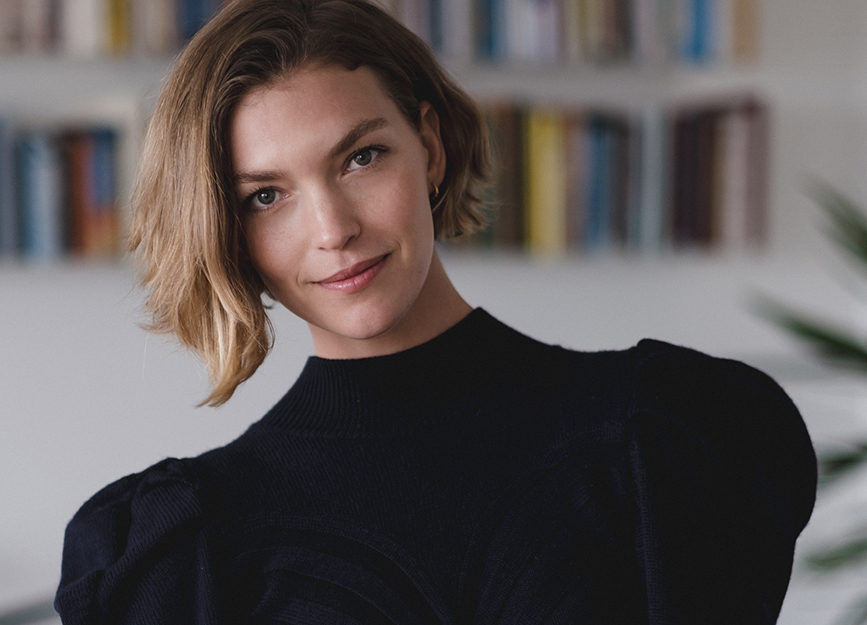

@hayefarmdevon
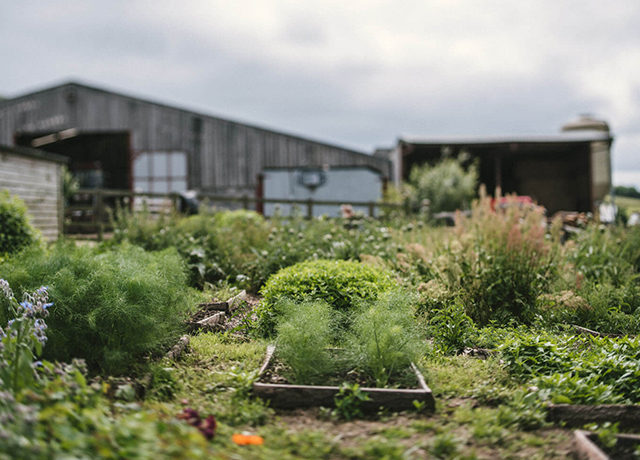

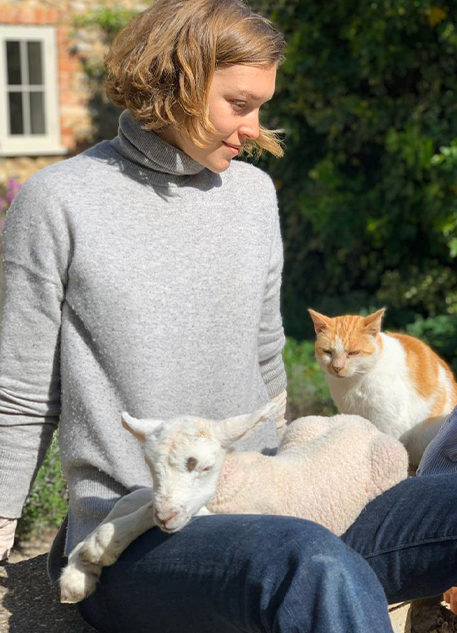

@arizona_muse
REV On Air: Biodynamic Farming & a Sustainable Fashion Future with Model and Activist, Arizona Muse
Today on the REV podcast we are so excited to have Cora speaking with Arizona Muse – our favourite model, a fashion industry leader on sustainable change and new biodynamic farmer! Cora and Arizona discuss a shared passion for regenerative agriculture and getting back to the land, and Arizona’s thoughts on the future of fashion, sustainability and transparency.
‘Nature can come into your life in minuscule ways and make a grand difference.’
Arizona Muse
In This Episode
Arizona’s book recommendation The Nature Fix.
Zach Bush on Instagram.
Haye Farm where Arizona is currently staying.
Related Editorial
See All Editorials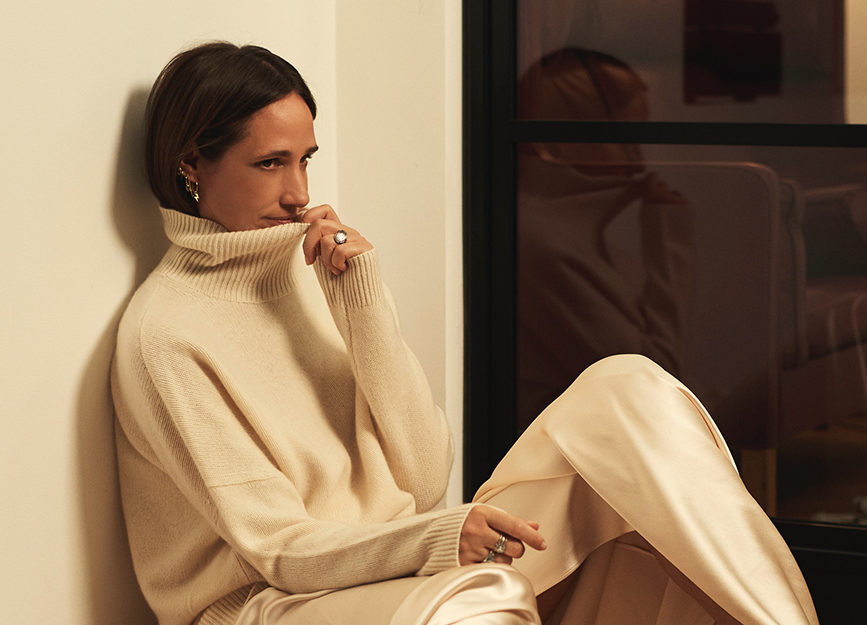

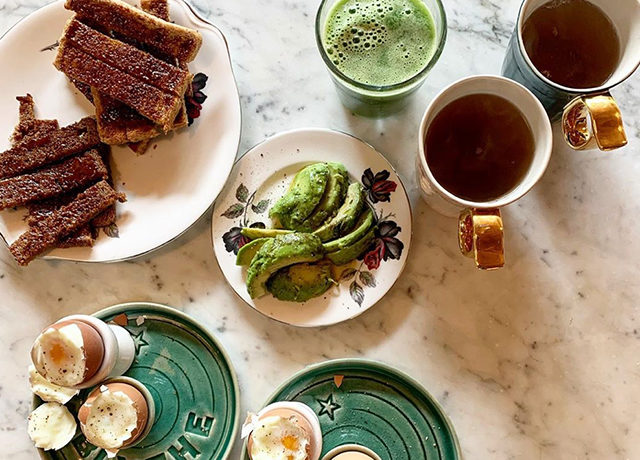

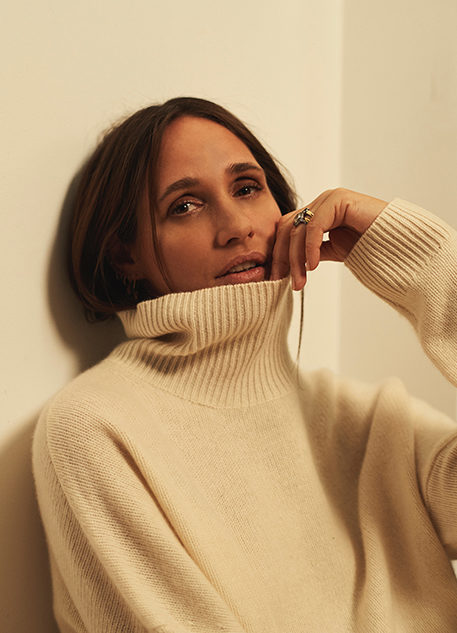

REV On Air: Sustainable Eating & Wellness with Nutritionist Rosemary Ferguson
Today we speak to model and nutritionist Rosemary Ferguson about what a healthy diet and sustainable eating means at all times, not during just our current crisis. Cora and Rosemary discuss eating locally, the occasional case for intermittent fasting, slowing down our lifestyles for physical health and the mind gut connection. The fundamental focus always coming back to the need for a mostly plant based, seasonal and healthy diet to keep us at our peak immunity whilst eating in the best way possible for the planet.
‘When it comes to what makes you well food-wise, it is definitely not rocket science.’
Rosemary Ferguson
Lorem ipsum dolor sit amet, consectetur adipisicing elit. Cumque dicta eum fuga laudantium maxime molestiae nam nemo quasi soluta tenetur. Blanditiis deserunt exercitationem ipsa libero nostrum officia quae quas vel. - Cora
Related Editorial
See All Editorials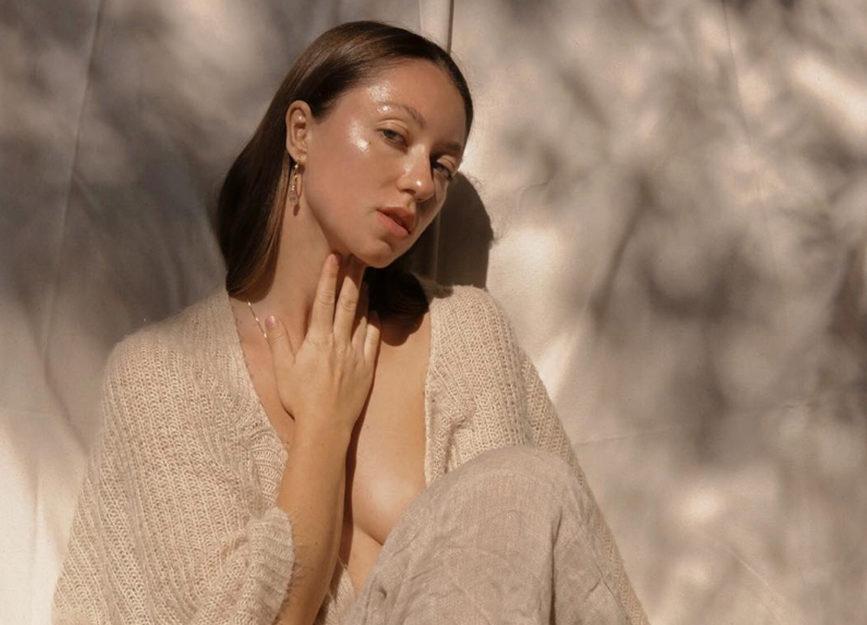

@lucetteromy
Lucette wears The Wylde Taiyo Dress
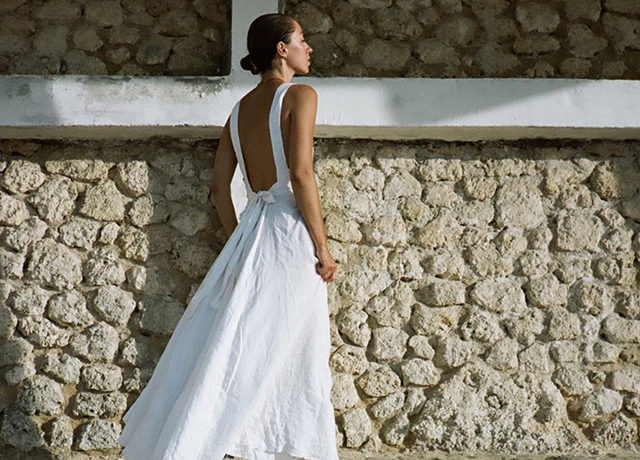



@lucetteromy
REV On Air: Earth Day and Sustainable Fashion with Lucette Romy of The Wylde
n honour of Earth Day, we speak to one of our favourite environmentalists and sustainable fashion designer, Lucette Romy, about how she is approaching conscious living and ethical business. Lucette is the creator of conscious clothing label The Wylde. We discuss supporting small, family run factories and natural dyeing, as well as veganism and living in harmony with Mother Earth.
‘We are sold this idea that we need more, and this idea that we need more makes people want to continually have new items all the time.’
Lucette Romy
Lorem ipsum dolor sit amet, consectetur adipisicing elit. Cumque dicta eum fuga laudantium maxime molestiae nam nemo quasi soluta tenetur. Blanditiis deserunt exercitationem ipsa libero nostrum officia quae quas vel. - Cora
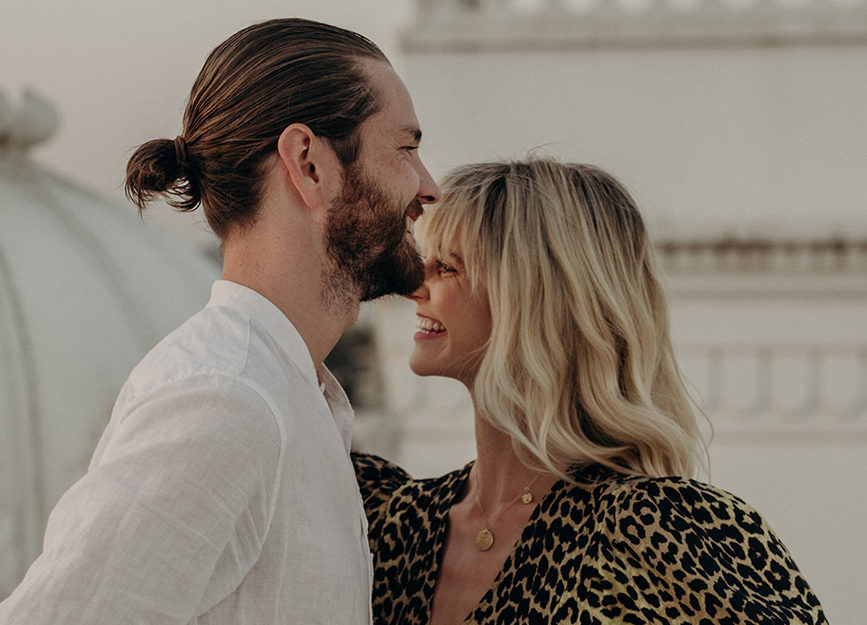

Saasha Burns and Sammy Leetham, BEAR Founders
@bear.ltd
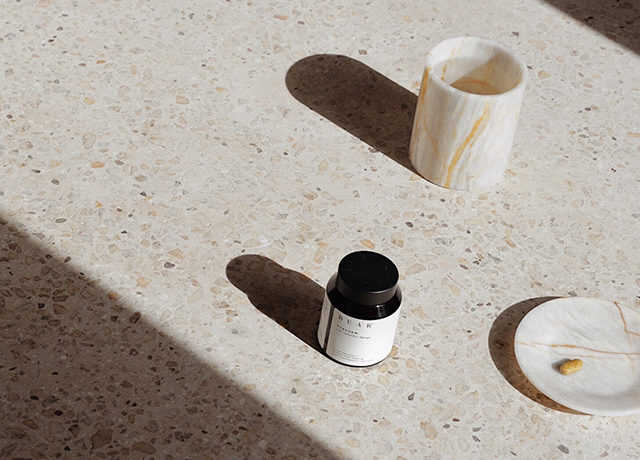

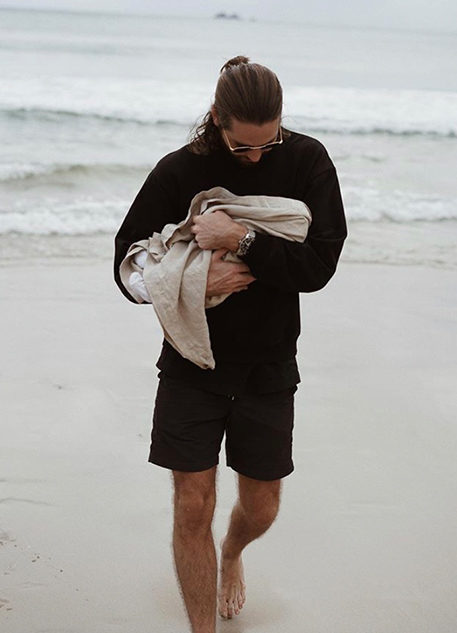

@sammy_leetham
REV On Air: Sustainable Wellness with BEAR Founder, Sammy Leetham
Today on the REV Podcast Cora speaks to Sammy Leetham – the founder of our favourite sustainable wellness brand, Bear, about what conscious living means to him, how we can use plant based supplements and organic nutrition for better living, and the perils of fake marketing within the wellness world.
‘A business can and should be a platform to not only deliver a great product or a great service, but also in doing that create a great platform to then support the community, look after staff, and look after the environment.’
Sam Leetham
Related Editorial
See All Editorials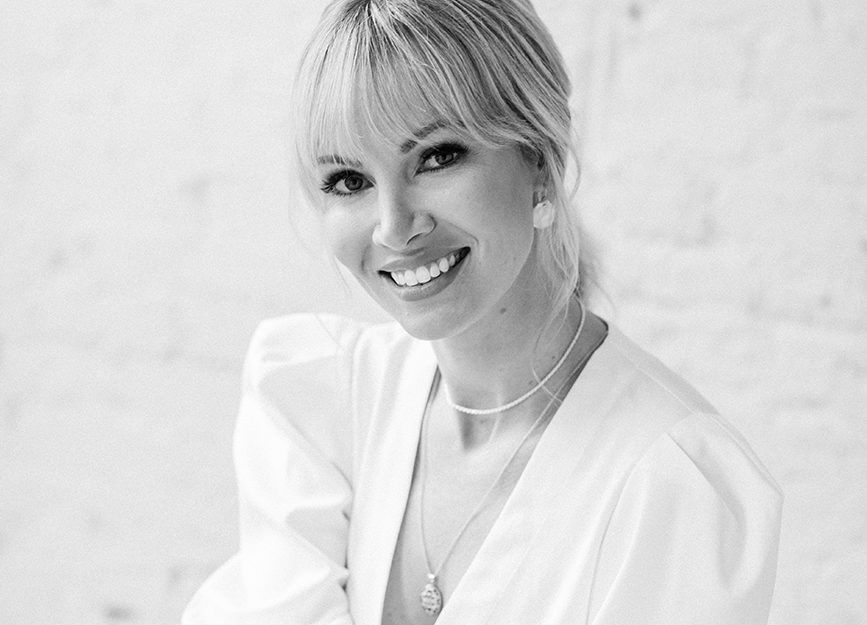

Belinda Smith, founder of ST. ROSE Artisan Fragrances
ST. ROSE fragrances are made from responsibly sourced ingredients.
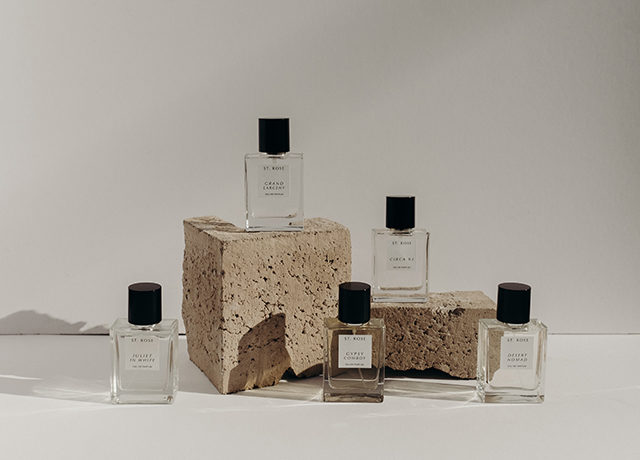

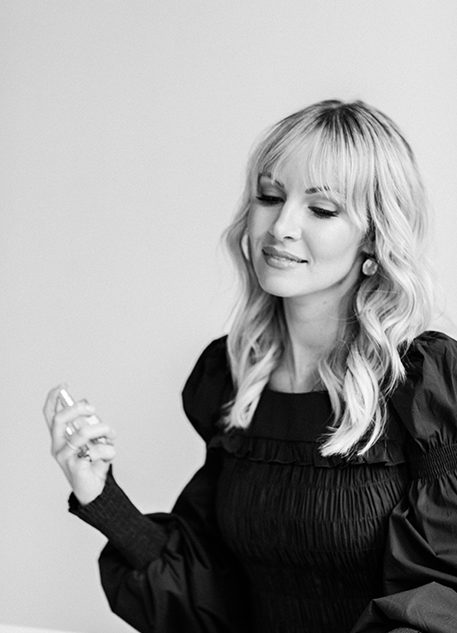

ST. ROSE is born in Australia, based in New York.
REV On Air: Clean Perfumes and Clean Beauty with Belinda Smith of St. Rose Fragrances
Cora sits down with to speak with Belinda Smith, founder of St. Rose artisanal fragrances. Belinda speaks to us about clean beauty and the danger of conventional fragrances when it comes to toxic chemicals and environmental waste. Cora and Belinda also discuss the need for more education when it comes to what we are putting on our bodies and how much they both love clean skincare with a good story. St. Rose is also a member of 1% for the Planet and plant trees with every purchase.
“Anything that you put on your skin is either going to be absorbed or is going to wash off into the ocean, so we have a big responsibility as businesses and as consumers.”
Belinda Smith
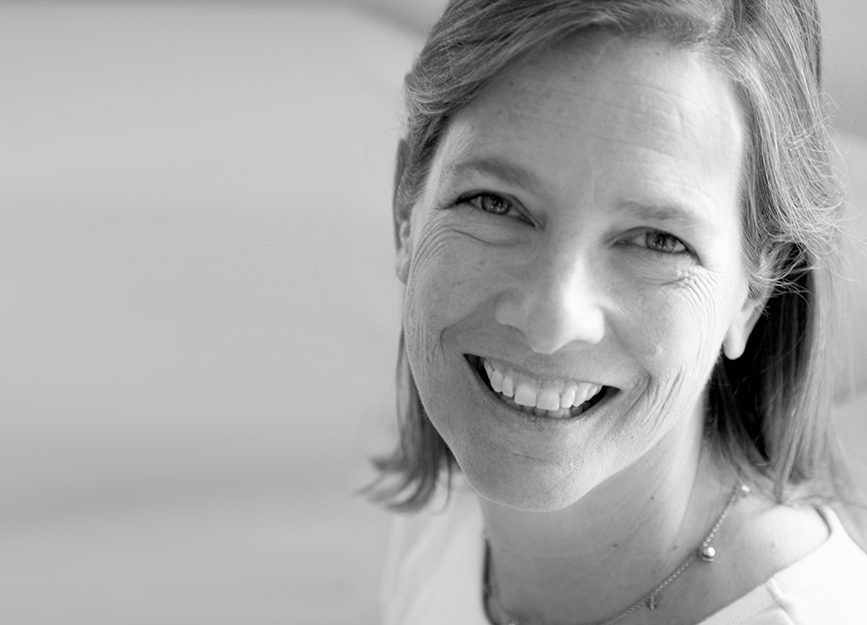

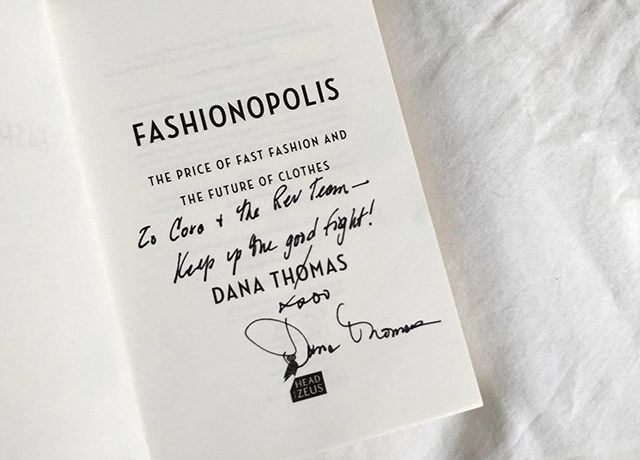

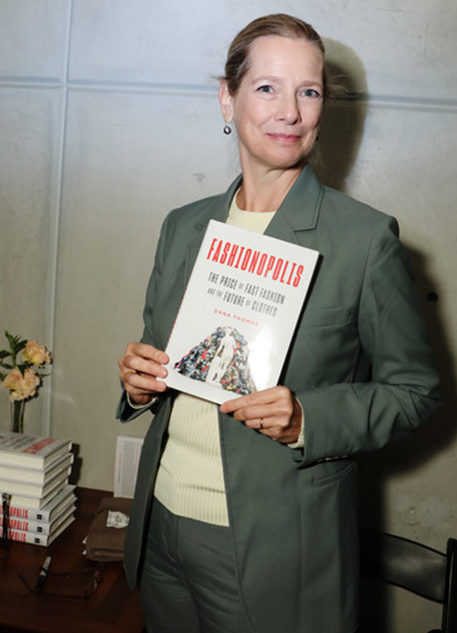

REV On Air: Sustainability in the Time of Covid 19 with Journalist Dana Thomas
We speak to journalist and author of Fashionopolis Dana Thomas about how fashion is being impacted by Covid 19, and where we might be on the other side of this pandemic. We also talk about the rise and perhaps now the fall of fast fashion, and why we should be thinking about what we purchase particularly in the lead up to Fashion Revolution Week.
‘I did not aim to write a book about smart, fabulous women but there I found myself writing about another smart, fabulous woman. This entire book is about cool women who are brave, who are courageous, who have conviction and integrity.’
Dana Thomas
A Bit More About Dana
Dana Thomas is a Paris based correspondent, journalist and New York Times best selling author. Dana began her career writing for the Style section of The Washington Post. Her most recent book, Fashionopolis, exposes the effects of the fashion industry and provides sustainable alternatives for the future.
Find Dana’s book Fashionopolis, here.
People Mentioned in this Episode
Alden Wicker – Sustainable Fashion Journalist & Expert
Katharine Hamnett – Sustainable Fashion Designer & Activist
Related Editorial
See All Editorials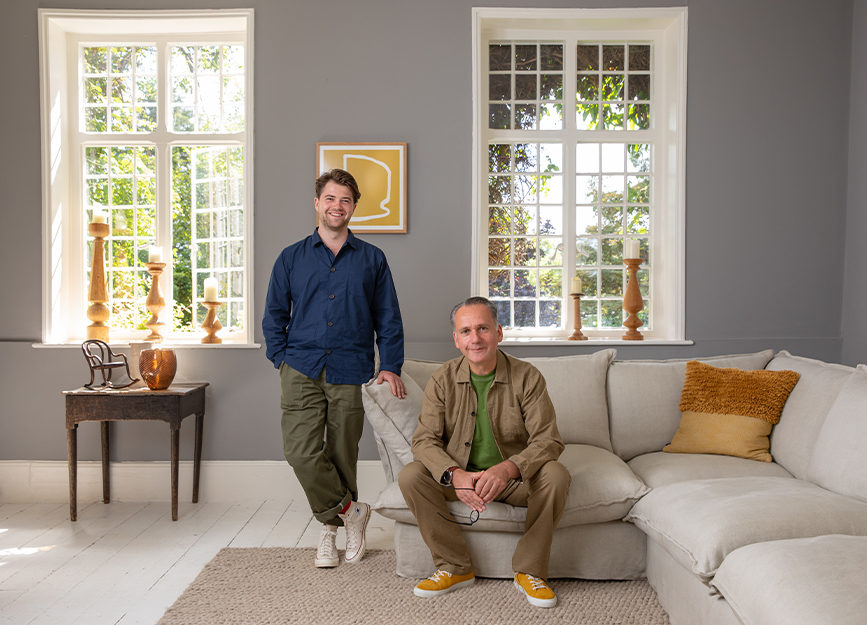

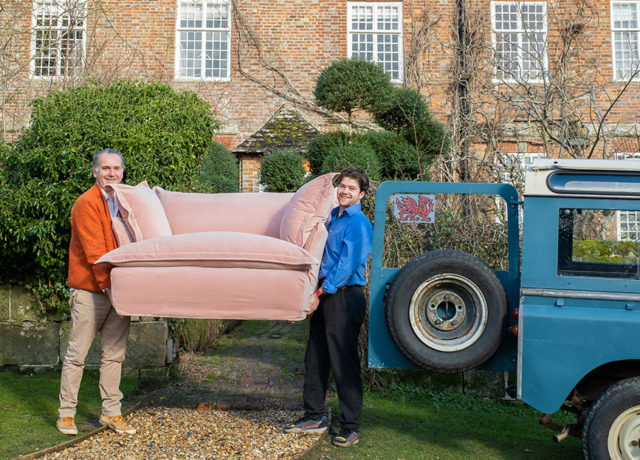

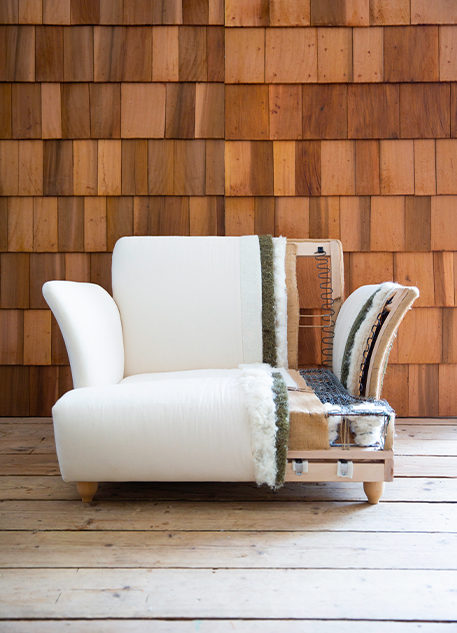

REV On Air: Sustainable Furniture with Maker&Son Founders Alex Willcock & Felix Conran
The Founders of the British Sustainable furniture brand Maker&Son, Alex Willcock and Felix Conran, give us a touching and insightful look into their journey of coming to found their brand and the process of integrating sustainability into every element of their business. Cora, Alex and Felix touch upon the risks of unsustainable furniture, the methods of sourcing sustainable materials, and choosing furniture to last generations.
The Maker&Son Story
As founders of this incredible furniture line, Alex Willcock and Felix Conran have much more in common than being father and son. A gifted musician, Alex trained as a cabinet maker and furniture designer who’s curiosity led him to start his career path in Australia, where he met Felix’s mother. Growing up with his sister Coco, and a family entrenched in design, they learned to appreciate the aesthetics, but also the intrigue and philosophy. Being the third generation of the Conran family to work in the field, Felix has always been encouraged to shape and ground his natural intuitiveness, and is proud to carry on a tradition of pioneering products for the home.
In this podcast, Cora talks to the father and son duo about how they are maintaining their core tenants of sustainability whilst scaling the business. They delve into the issues of toxins and unsustainable manufacturing that has come to dominate the furniture world as we know it today, and how we can all begin to ask more questions about where our furniture is made and what is in it.
This is an intimate conversation about a large scale industry, and we hope it leaves you thinking about what a better world of what we put in to our homes could look like!
Related Editorial
See All Editorials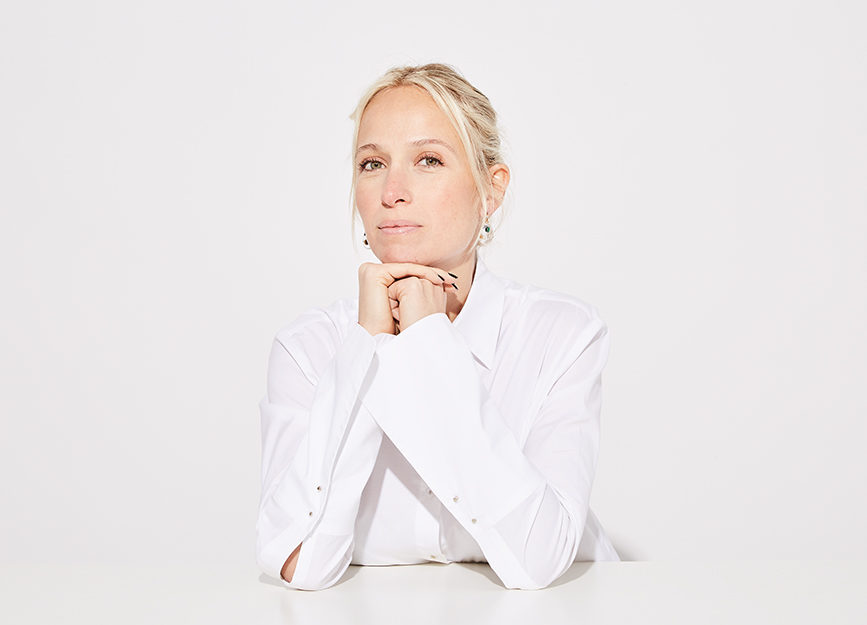

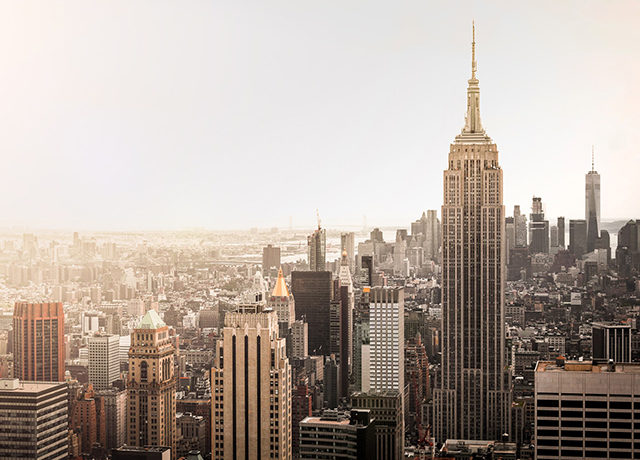

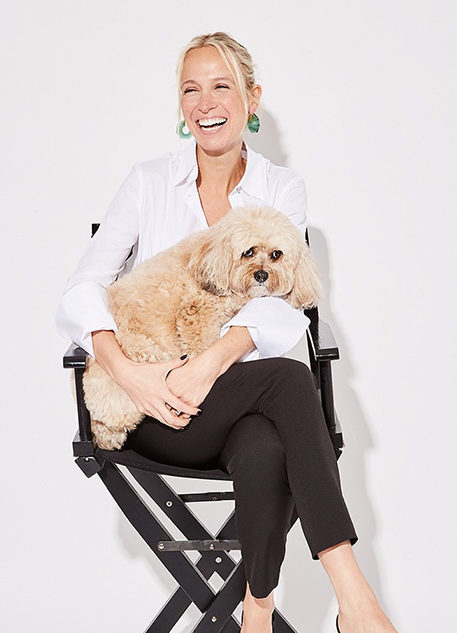

REV On Air: Ethical Fashion and Women in Business with Misha Nonoo
In this episode we are joined by ethical fashion designer Misha Nonoo. Misha and Cora sit down to discuss sustainable production, timeless fashion, women in business, and her involvement with the Duchess of Sussex and her Smart Works Charity. Scroll down to read our interview with Misha from earlier on in the year where she talks everything from the foundations of her wardrobe to her favourite sustainable spots, and how to dress for the city in a way that is just as fashionable as it is functional.
Where and when did the Misha Nonoo brand begin?
I launched the brand in New York City and debuted my first runway collection on Instagram in 2011. Since then, we’ve progressed and grown into the business we are today.
Tell us about the ‘Create Your 8’ concept.
It started with my ‘Easy 8’ collection – eight pieces that can be combined to form 22 different looks that carry a woman from day to play. I then started offering customizable ‘kits’ from the collection, with the ‘Create Your 8’ being the largest. With this kit, you have the opportunity to build your own Easy 8 wardrobe that best matches your figure and lifestyle. It’s a way for women to take the stress and guess-work out of getting dressed in the morning because she’ll have a versatile, chic wardrobe for any occasion.
Name the three items in your closet you couldn’t live without?
My white Husband Shirt, Saturday skirt, and black Jimmy Choo pumps.
You talk a lot about the appeal of ‘borrowing from the boys.’ Do you think the future of fashion is genderless?
I definitely believe women will continue to draw inspiration from traditionally “masculine” style as our society progresses. We’ve all recently seen the movement of having less-rigid ideas of how a woman should look and dress – the same goes for men.
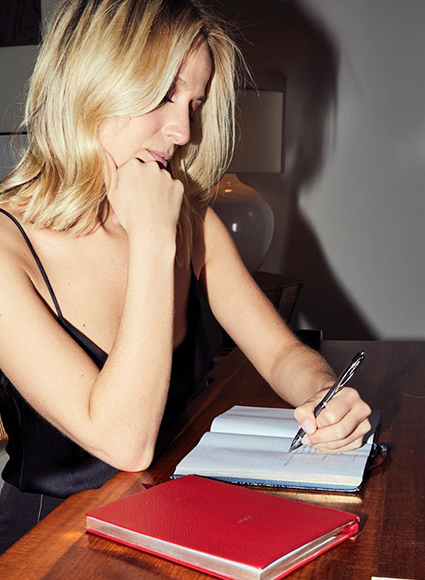

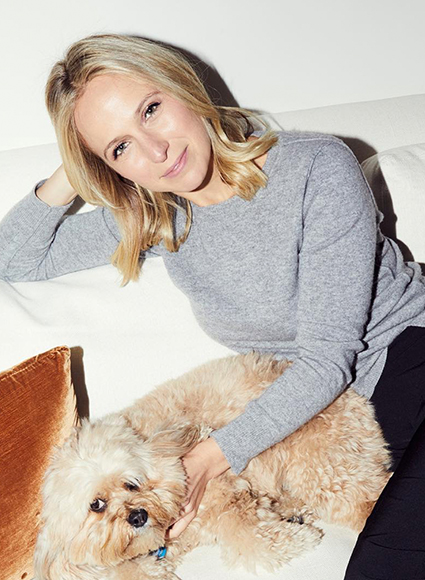

As the first designer to use social media as a debut for fashion shows, how do you deal with the speed of sites like Instagram in juxtaposition to the slow nature of your fashion?
It’s a careful balance of creating meaningful and engaging content that align with our collections. We may not be dropping a large volume of product at a high frequency, but the platform allows for customer engagement far beyond advertising product. The Insta-Show was great because it allowed our customers to see the collection on a medium they already use everyday and be able to purchase what they loved without a season-long lead time.
Your New York hot spots for sustainable living in the city?
I think we need to be mindful of sustainability wherever we go. Small things like bringing a reusable water bottle or taking the subway instead of a taxi absolutely make a difference. When it comes to dining, Dr. Smood is a great place for food that’s healthy for the environment and your body. Also, I very much believe a sustainable lifestyle begins with mental health. I meditate every day—MNDFL in Greenwich Village is a great place for a guided meditation session.
Finally, what does sustainability mean to you?
Sustainability, to me, means offering a range of products that prioritize a low environmental impact. This is done by creating them with the purpose of being worn for many seasons as opposed to “one-off” occasions. While other brands might use the term to describe a fabric recycling program or other circular aspect of their business, we address the problem at the outset by eliminating waste from the very start of a garment’s life cycle.
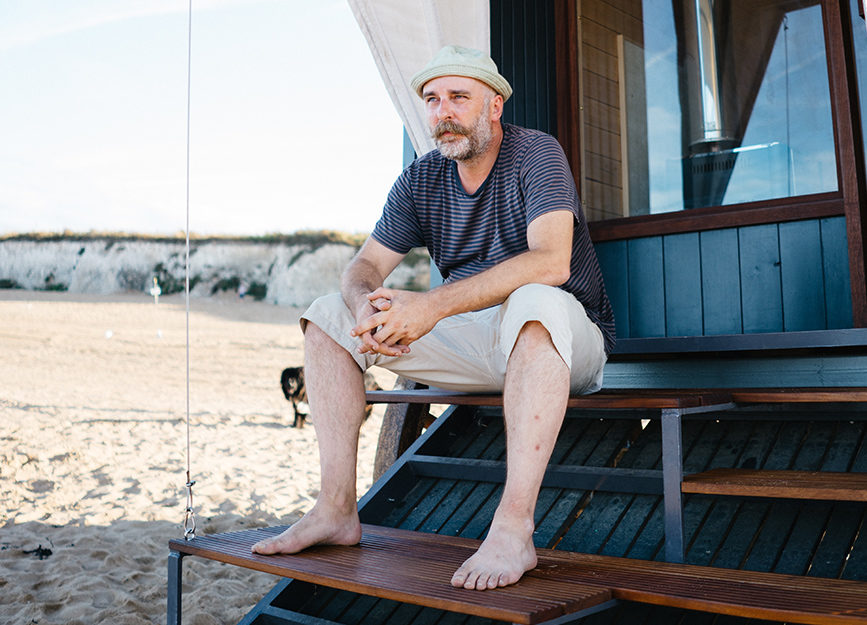

Dom Bridges, creator of Haeckels
Dom and Cora at the podcast recording studio
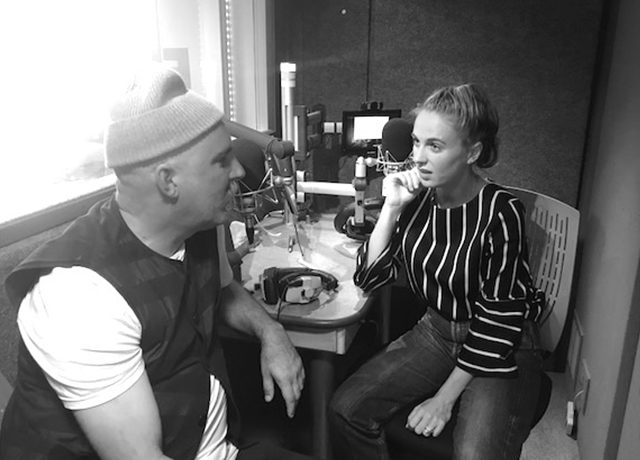

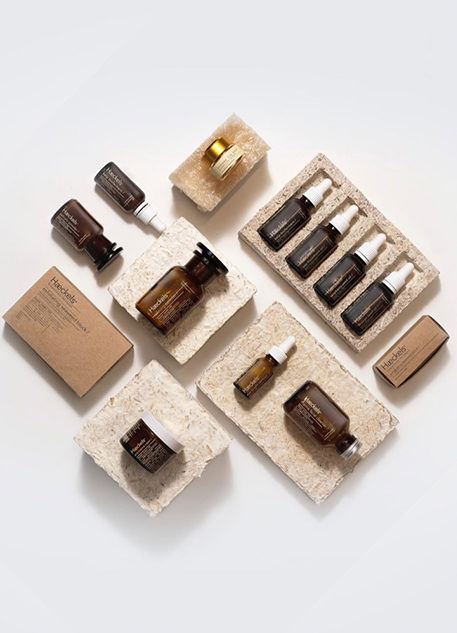

Haeckels' range of natural skincare made in Margate
REV On Air: Sustainable Skincare With Dom Bridges of Haeckels
In episode three of our podcast, we chat with Dom Bridges, creator of the Margate based brand Haeckels. We speak to Dom about what brought him to a small seaside town to start a line based mostly on seaweed and what success means in a time of unprecedented environmental issues. If you haven’t had chance to listen yet or simply want to review Dom’s episode, read our key takeaways below.
The creation of Haeckels
Fed up with London and the advertising industry, Bridges knew he needed a restart. After a weekend in Margate, he and his wife bought a house almost immediately. They really fell in love with Margate, as the town had welcomed them with open arms. After he and his wife found out they were expecting a baby, Dom began to think about what he was doing with his life. “Well, what do I do? I’m watching my wife grow a human being!” So, he decided he should do something positive for this town that he was going to raise a family in. Bridges began cleaning up the beaches, picking up trash that either washed up on shore or blew onto the beach from the town. It was through this activity that he noticed the abundance of seaweed and he decided he wanted to turn this excess of seaweed into a product for people to use. Thus Haeckels, the seaweed product line was born.
Why is seaweed so good for our skin?
It’s a lot like Aloe Vera! Seaweed has very similar uses, like for sunburns or cuts. Bridges argues it’s actually even more powerful than aloe. “It was used as compresses during the world wars. It helps skin rebuild itself.” We all emerged from the sea, so it makes sense that it would benefit us! Seaweed is very easy to cultivate and in different places around the world, like Margate, there is an excess of seaweed. Bridges has already been working on a Haeckels product in Japan, where there is excess, but this product would only ship within Japan. “True sustainable production is born out of indigenous ingredients and creating a sustainable economy within that location.” The future of Haeckels is a “global brand that is deeply connected to localism.”
How do we rectify this disconnect with nature?
“Everyone needs more time to be able to connect with nature, we are just so preoccupied with money and manufacturing and speed.” Bridges explains that before we can begin saving a planet, we must first have to spend more time within nature to understand what is happening to it. “You give everyone another day at the weekend,” and that is another day to spend in nature and hopefully reconnect to it.
Do you feel optimistic or pessimistic about the future?
It is through Dom’s five-year-old daughter that he finds optimism. He recounts when she was three and refused to eat the cheese at nursery because it came in plastic. She was down beach cleaning when she was just three years old. Dom says, “she gets it,” and is already making her own efforts to be more environmentally conscious!
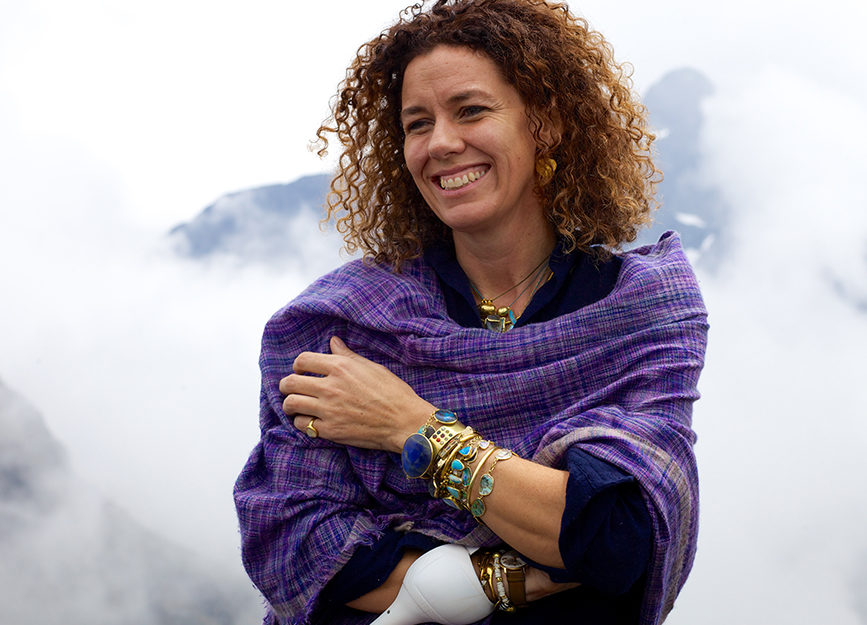

Ethical jewellery designer, Pippa Small
Pippa and Cora at the podcast recording studio
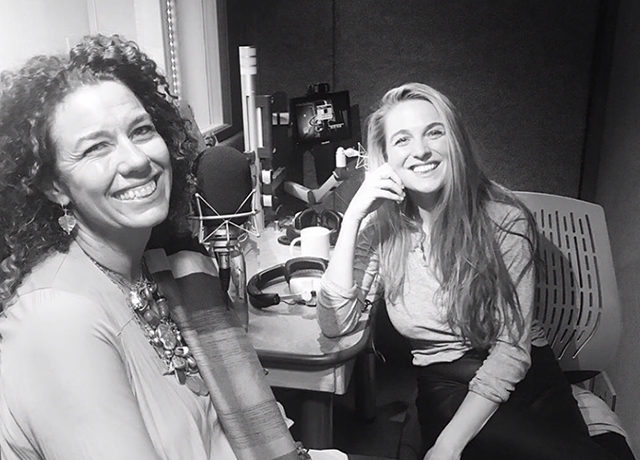

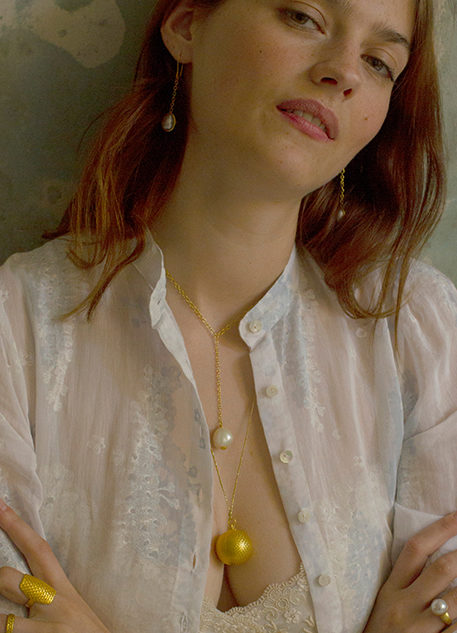

REV On Air: Ethical Production with Jewellery Designer Pippa Small
In this episode, we sat down with Pippa Small, a traveler, human rights activist, and ethical jewellery designer. From an early age, Pippa was exposed to different cultures by her mother, who was quite an adventurer. From those early years of traveling, she was instilled with the desire to explore other places and connect with different kinds of people.
Pippa and the Brand
It was through this interest that she became involved in human rights and working with remote communities all over the world. Pippa explained that she was enamoured with seeing the traditional crafts and skills of other cultures and even though she was warned against it, she wanted to give these craftsmen all over the world a commercial market. Her brand Pippa Small is truly a partnership between her and the artisans she works with, in places like Afghanistan, Jordan, Myanmar, Bolivia, and Panama. As we live in a time plagued with migration due to climate change and conflict, it is important to create safe and creative jobs, so people do not always have to flee their homes in search of money. Pippa Small provides this for people and as the brand has grown, the stories and voices of the craftsman’s and artisans has spread too.
The Jewellery Industry
Simple gold bangles have been on trend now for a while but do we, as consumers, really know how that gold is extracted? The answer is, through mercury, which is used to extract gold from rock. Pippa explains that the poisonous substance never goes away and “seeps in the rivers, sea, and people’s bodies,” causing an array of deadly health problems. Lots of big companies still use this method, as it is cheap and effective, but disregard the effects it has on the local communities and ecosystems around the mines. Smalls suggests that “a kind of veil has been lifted,” in most industries, and that it is easier than ever to pick out the bad companies.
Feeling Connected
It is through brands like Pippa Small that we can become more connected to the products we buy as the brand is truly transparent. We need to consume less of course, but it is key when buying to question where your money is going and who is making your products. With Pippa Small, we know exactly where our money is going and “is going to have such an impact.”
If you want to learn more about ethical jewelry, check out this editorial on ethical gemstones
Also follow @revenvert for more content like this













